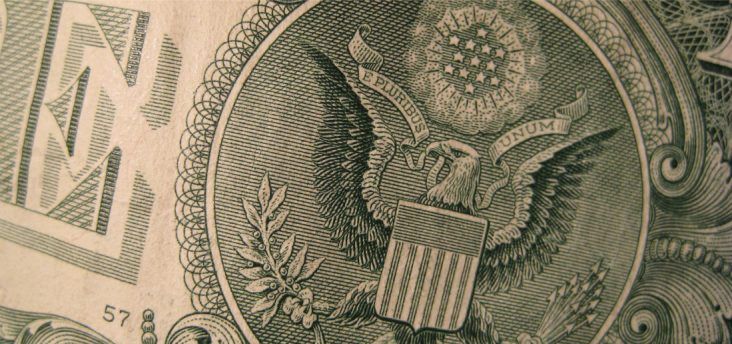Warren Stephens on capitalism, market ups and downs, and a new healthcare paradigm
by February 4, 2018 10:01 am 804 views

Stephens Inc. CEO Warren Stephens continues to expand his “This is Capitalism” video series, a digital effort he started to respond to the 2016 Presidential election cycle. Stephens said he was alarmed by how well Sen. Bernie Sanders, I-Vt., a declared socialist, did in the race and wanted to remind younger voters that capitalism has been a catalyst for freedom for centuries.
In Stephens’ latest interview with Talk Business & Politics, he discussed the new rollout, recent market ups and downs, and the possibilities for a new healthcare player that includes Amazon, JP Morgan and Warren Buffett. This Q&A has been slightly edited for length and clarity.
Roby Brock: Let’s talk about the “This is Capitalism” series. You’ve got a couple of new additions that you’re adding, so tell me a little bit about that, and tell me if you feel like this is making a difference.
Warren Stephens: I think it is certainly making a difference. I think we’re getting the word out there, and that’s the point of the whole thing. The old saying is, “You can only save the world one person at a time.” If you can get one or two people to think about capitalism in a different way than what they’ve become accustomed to, which is frankly pretty negative, then they can see the benefits of it.
I think on this last video that we released, we saw people working in all different kinds of areas, but within the capitalist system. They’re trying to better people’s lives and make a difference. I think that’s the message. Capitalism does make people’s lives better, and it gives them freedom and freedom to choose what to do and when to do it and who to do it with.
Brock: A core demographic for you to reach in this series is Millennials, younger people. Do you have plans to feature or incorporate or highlight the work that some of those Millennials are doing in some of these future segments as part of the series?
Stephens: Absolutely. One of our podcasts is a young 30-year-old who’s started a company that’s an app for your software that helps you manage your subscriptions, and other things that you’re paying for. We absolutely are doing that.
We have other videos that are coming, and I hope you’ll look at them and I hope other people will look at them and see. The great thing about this is these stories are, there’s an endless supply. There’s so many stories, and ultimately on podcasts or whatnot, it’s not going to be people that create a huge company. It’s going to be people that have a couple of hardware stores or that have done very well. It doesn’t have to be Sam Walton or Chuck Williams or people like that, and it’s not going to be.
Brock: Let’s talk about what’s happening in the broader economy. The financial markets have been on a really strong rally for more than a year now. Obviously, there’s been a bit of a correction and some profit-taking this week, but you and I both know usually what goes up at least comes down some. When you see what’s happening out there, does it feel like a new normal to you, or do you feel like something is about to correct course in a major way?
Stephens: I’ve been saying we’re overdue for a correction for, gosh, I don’t know how long, but I think the combination of lower taxes starting today and the regulatory environment, and all I mean by that is the attitude of the regulator, that it’s not adversarial necessarily, they’re not looking at businesses like they’re a bunch of criminals that we’re going to catch. It’s more of, “Okay, this is what we’re trying to do. Here’s why we’re trying to do it. Do you have suggestions on how we could do that or do it better?” I don’t have any firsthand experience with regulators doing that, but you can just get a feel from it.
Brock: There was a big announcement earlier last week by Warren Buffett, Amazon, JP Morgan, to create a new healthcare model. Do you think this is a curve ball or a game changer? What’s your take?
Stephens: Healthcare is one of the most complicated areas I’ve ever seen, and it’s built up over a number of years in terms of what’s reimbursable, who gets reimbursed. It makes no sense at all. We’ve disconnected consumers from the costs of the services because of insurance payments, government payments, that they don’t know or understand. I can’t understand, nobody can understand what something costs if it’s shrouded in a mysterious reimbursement kind of fog. I hope they’ll be successful.
I saw they’re going to form a new company that was going to be a non-profit. I guess the three of them together are going to do that. As you well know, I’m a firm believer in capitalism. I don’t think there’s anything wrong with making a profit, but maybe they feel like that’s the way to get it going and get accepted is to say, “We’re not making any money at this. If we have profits, we’ll use it to reduce the cost to the user… I certainly would not say that those three entities led by those three obviously brilliant people would not be successful, but they’ve wandered off into an area that is clearly, it’s a morass.
